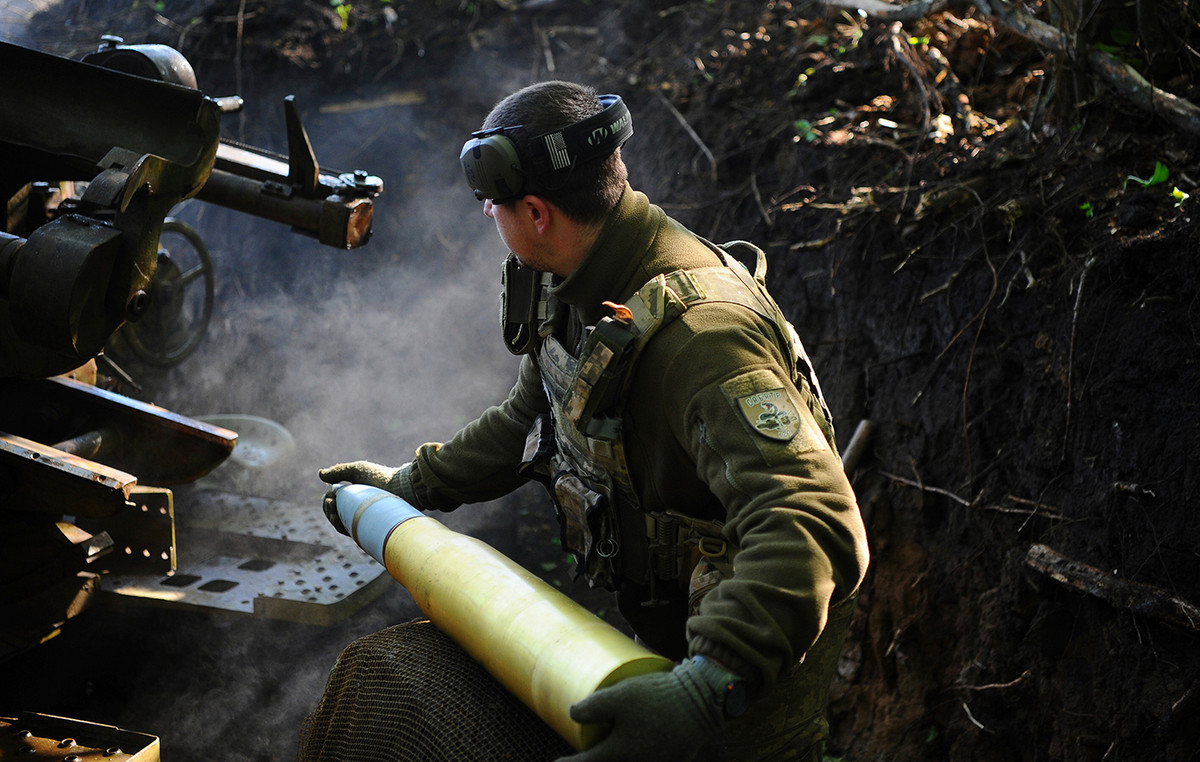When an athlete steps onto the podium in Paris 2024 Olympics he is climbing on top of trash. All the podiums in the competition are the result of recycled bottles, pots and everything else that is plastic. The initiative, another one in the account to make this the most ecological edition in the history of the Olympic Games, is a project of a small startup, The Pavement located in the metropolitan region of Paris.
“We were approached for the Olympic Games in 2019, while the company was still young, we were only a year old, so our big challenge was taking on a project that represented a huge workload,” says Lucas Philliponneau, Le Pavé’s staff director.
Since then, the small recycling factory has become a continuous production silo: in addition to producing all the podiums for the Olympics, the company has manufactured around 11,000 seats for the Porte de la Chapelle Arena and the Olympic Aquatics Center, structures that will not be dismantled after the competition. “This represented around 100 tons of recycled materials,” explains Philiponneau.
To earn its spot as the Olympic Games’ green supplier, the company has taken a long-standing demand for plastic recycling with a new approach. At Le Pavé, plastic is transformed through thermocompression, an idea that began with a pizza oven and the creativity of architect Marius Hamelot and business administrator Jim Pasquet, the company’s founders.
“We receive shredded plastic and transform this material into sheets without adding glue, using only a little heat to give it cohesion,” says Philiponneau. The idea also favors the continuation of the product’s recycling cycle, since only one single material is part of its composition. “Each type of plastic has specific characteristics,” says the company director.
This detail is present in the podiums that appear on TV, websites and social media. Modular and light-colored, the pulpit is not a single-purpose contraption (see more photos in the gallery above). “We do not add glue, binders or additives to our products; it is 100% recycled and also 100% recyclable,” says Phliponneau. “The idea is to accept that materials have strengths and weaknesses, and to find the appropriate application without adding components that compromise recyclability. This is what we call eco-design.”

The production line is lean. Shredded plastic arrives at the plant daily. A machine is responsible for mixing and ensuring the uniformity of the raw material. Another machine performs the thermocompression process, which transforms a granulated mass into panels. The sequence ends with the finalization of these panels: sanding and cutting.
“What comes out of our factory are only large slabs with thicknesses ranging from 8 to 15 mm,” says Philiponneau, who has been receiving orders from other companies for several years now. “These slabs are then sent to designers, architects and contractors to be worked according to their needs.”
In the run-up to the 2024 Olympics, Le Pavé has increased its workforce from 3 to 35, with some coming from disadvantaged backgrounds — vulnerable immigrants and former prisoners. The factory has also expanded: the Paris plant, which currently measures just over 100 square meters, will have a three-times larger facility in Bourgogne, far from the Parisian capital.
The Olympic opportunity propelled the startup to a unique feat. Philiponneau and his colleagues didn’t get to stand on the podium, but they were invited to sit in the seats they created at the opening of the Porte de la Chapelle Arena. “We were very proud to see our products used during the Olympic Games,” recalls the director. “This is a rare opportunity, something that has only happened in over a hundred years.”
Source: CNN Brasil
Charles Grill is a tech-savvy writer with over 3 years of experience in the field. He writes on a variety of technology-related topics and has a strong focus on the latest advancements in the industry. He is connected with several online news websites and is currently contributing to a technology-focused platform.







